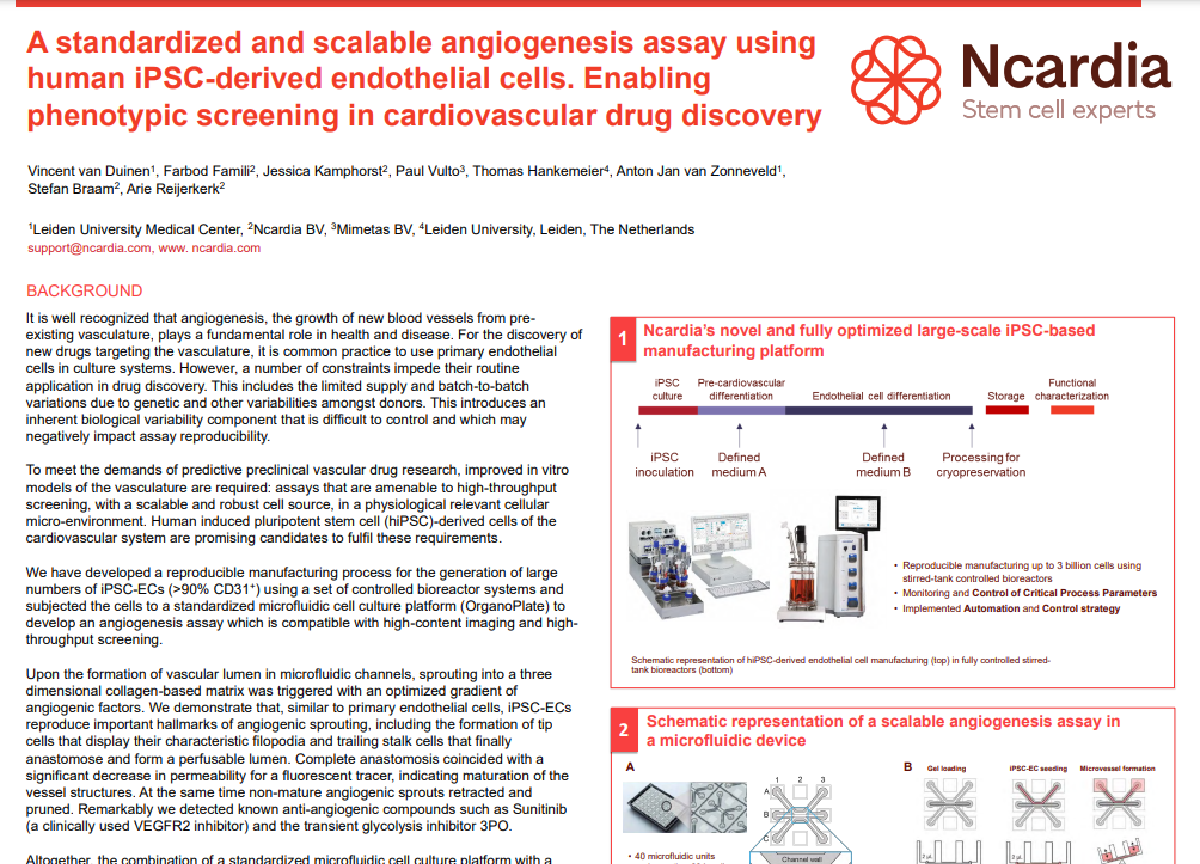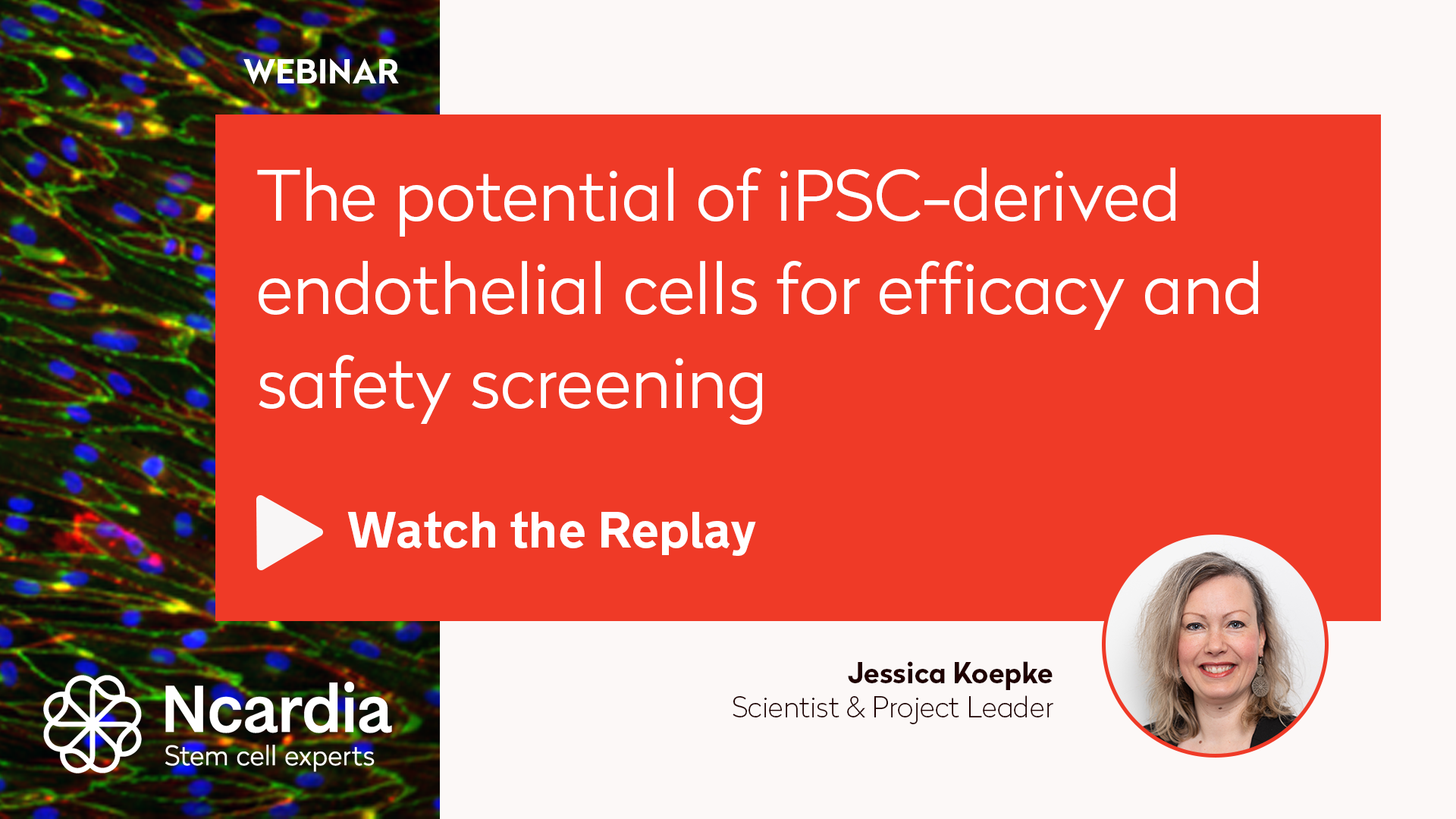Ncyte® Endothelial Cells
Human iPSC-derived vascular endothelial cells
Endothelial cells are involved in multiple processes including blood flow, vascular permeability and angiogenesis. Ncyte® Endothelial Cells are fully functional and can be used to develop custom assays to predict drug-induced effects on human endothelial barrier permeability or angiogenesis.
You can work with Ncyte® Endothelial Cells or contact our team to develop a controlled and scalable process for endothelial cells from the iPSC line that fits your project best.
- Minimal biological variability
- Functional and physiologically relevant
- Highly suitable for in vitro modeling and screening
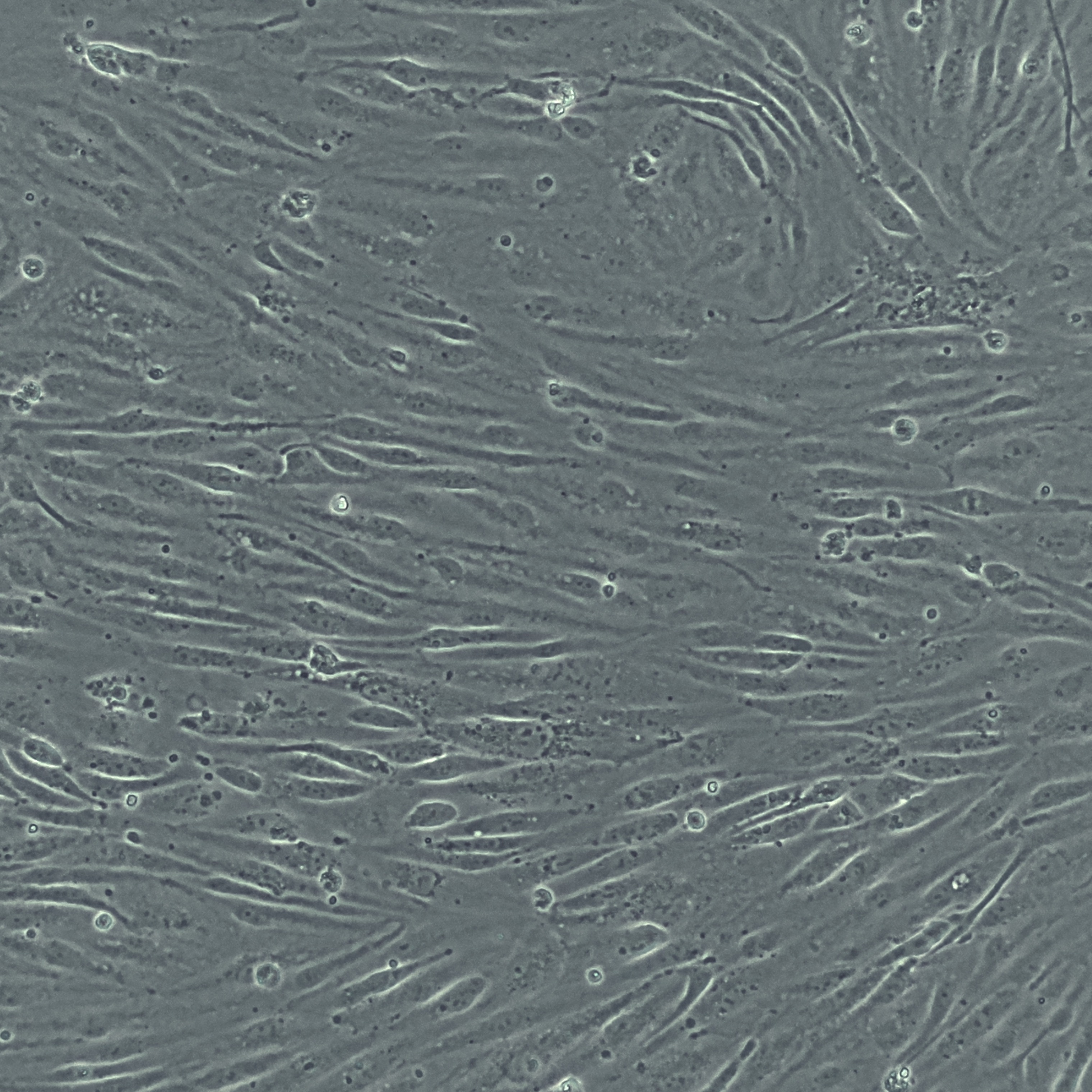
Do you want to buy Ncyte® Endothelial Cells?
To proceed with your order, please review and accept our Terms and Conditions above.
Do you want to buy Ncyte® Cardiomyocyte Culture Medium?
To proceed with your order, please review and accept our Terms and Conditions above.
Do you need a larger volume or a custom cell model?
Product Specifications
Identity markers
≥ 90% CD31, ≥ 90% CD144, ≤ 10% PDGFRB and ≤ 10% NG2 on day 3 after thawing and culture according to the user guide
Size
≥ 1M viable cells on Day 0 after thawing according to user guide
Quality Control
Cell count, Viability, Identity (FACS), Specific-pathogen-free
Format
Cryopreserved cells
Donor
Female
Reprogramming method
Non-viral
Shipping conditions
Dry shipper, -180°C to -135°C
Storage conditions
Vapor phase of liquid nitrogen
Technical Data
Ncyte® Endothelial Cells display characteristic endothelial cell morphology in culture and express key endothelial markers. As an example, panel one contains a representative FACS analysis of one batch of Ncyte® Endothelial Cells showing double expression of CD144 and CD31. Second panel is a phase contrast image showing endothelial morphology in culture.
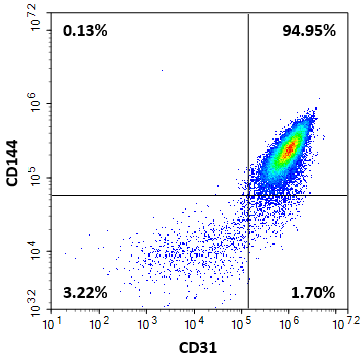
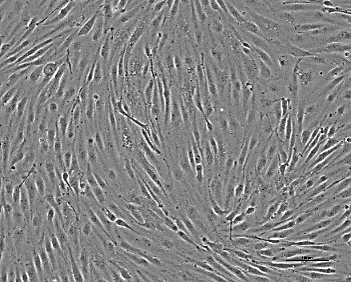
Ncyte® Endothelial Cells are fully functional and physiologically relevant. The cells can form endothelial barriers in vitro, and our scientists can assess drug-induced effects on endothelial barrier permeability and angiogenesis with this iPSC-derived cell model.
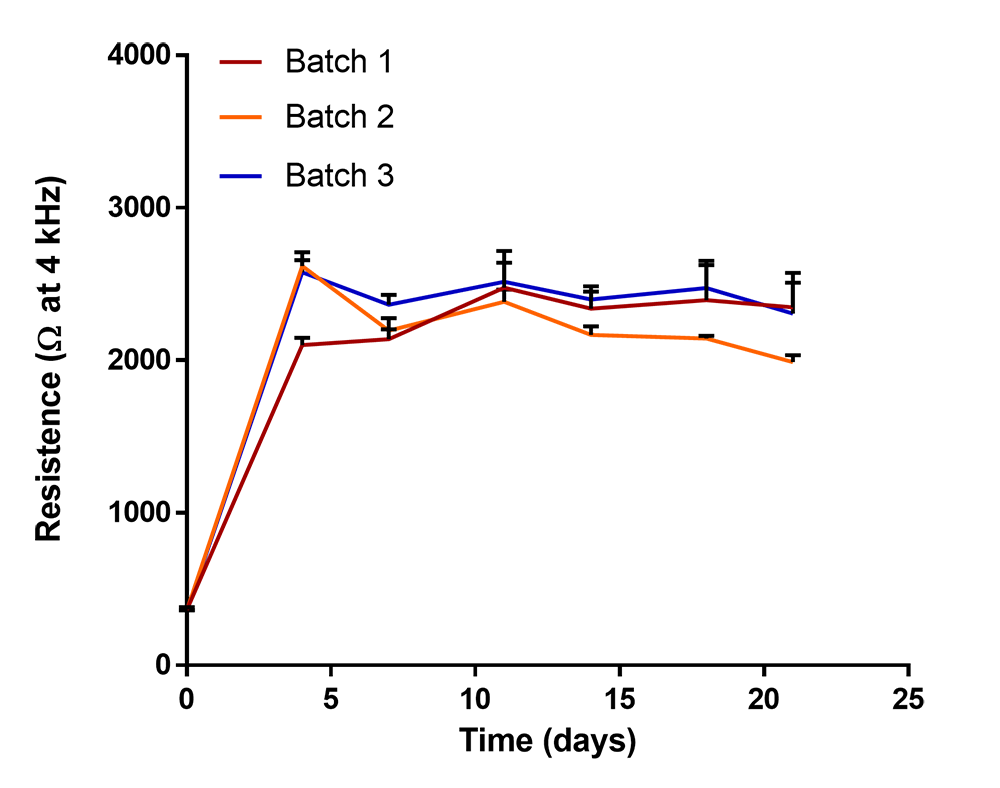 The figure shows barrier resistance measured at 4 kHz over time using ECISTM (Applied Biophysics).
The figure shows barrier resistance measured at 4 kHz over time using ECISTM (Applied Biophysics).
Ncyte® Endothelial Cells are highly suitable for disease modeling and screening. Our scientific team has extensive experience on multiple assays. As an example, our team can help you determine the effect of a compound library on angiogenesis using the sprouting assay.
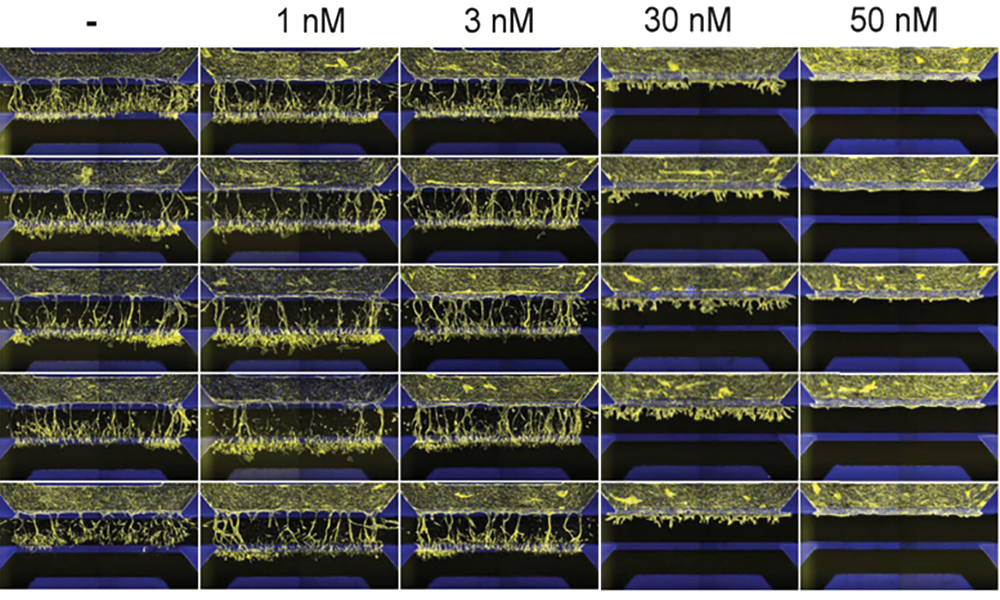 Dose dependent inhibition of angiogenic sprouting by the angiogenesis inhibitor Sunitinib
Dose dependent inhibition of angiogenic sprouting by the angiogenesis inhibitor Sunitinib
Certificates of analysis are available upon request via support@ncardia.com
Our work centers on a simple yet powerful premise:
When we combine deep iPSC knowledge, broad assay capabilities and a demonstrated ability to integrate the biology of human diseases into preclinical research, we can help drug developers make critical decisions earlier and with more confidence.
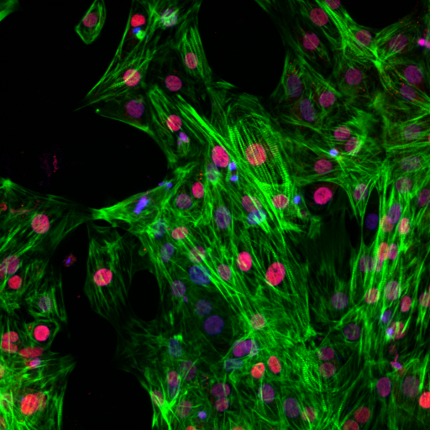
Human iPSC-derived atrial cardiomyocytes
Neural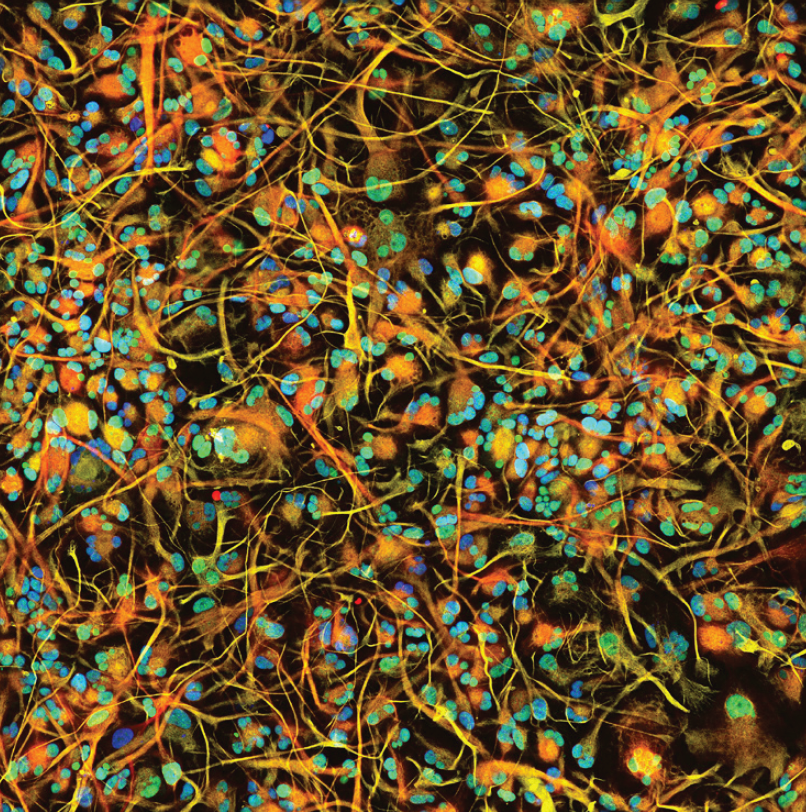
Human iPSC-derived astrocytes
Vascular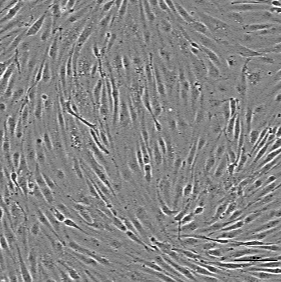
Human iPSC-derived vascular endothelial cells
Cardiac.png)
Human iPSC-derived 3D cardiac microtissue model
Neural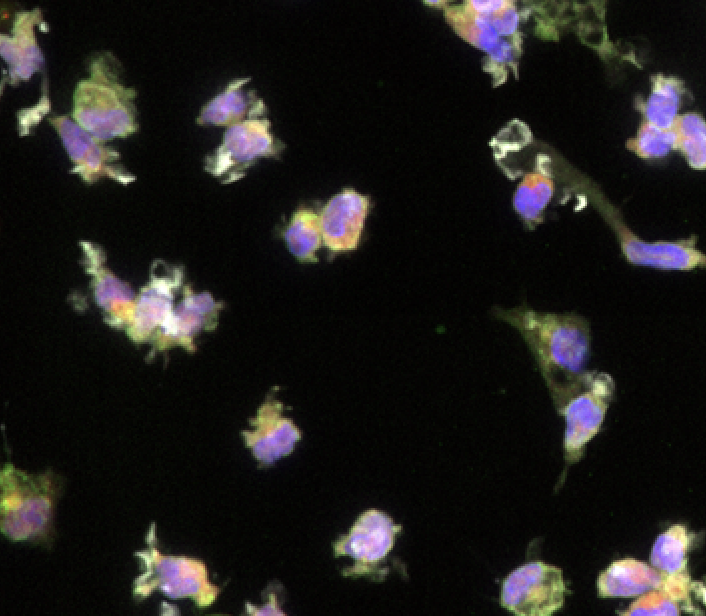
Human iPSC-derived microglia
Cardiac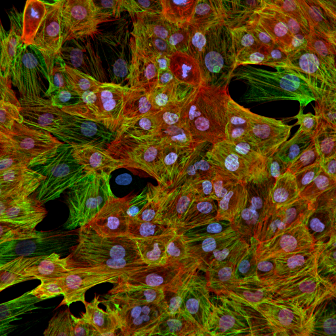
Non-Human Primate Cynomolgus iPSC-Derived Ventricular-Like Cardiomyocytes
Vascular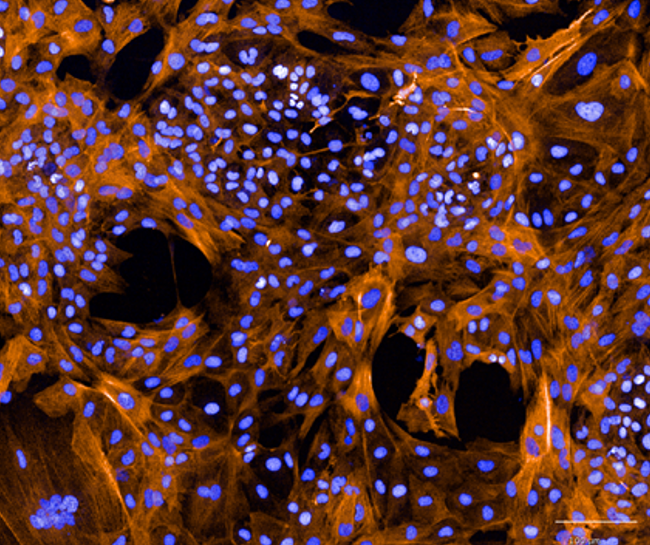
Human iPSC-derived vascular smooth muscle cells
Cardiac
Human iPSC-derived ventricular cardiomyocytes


